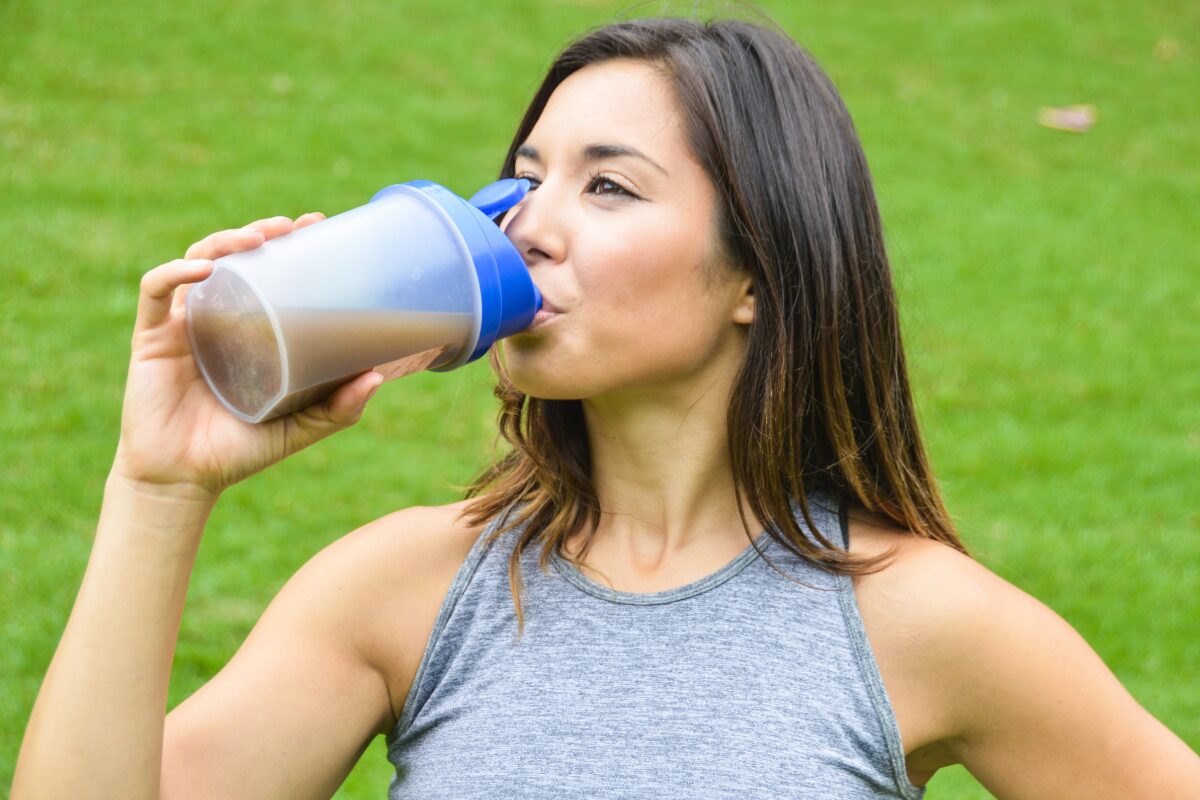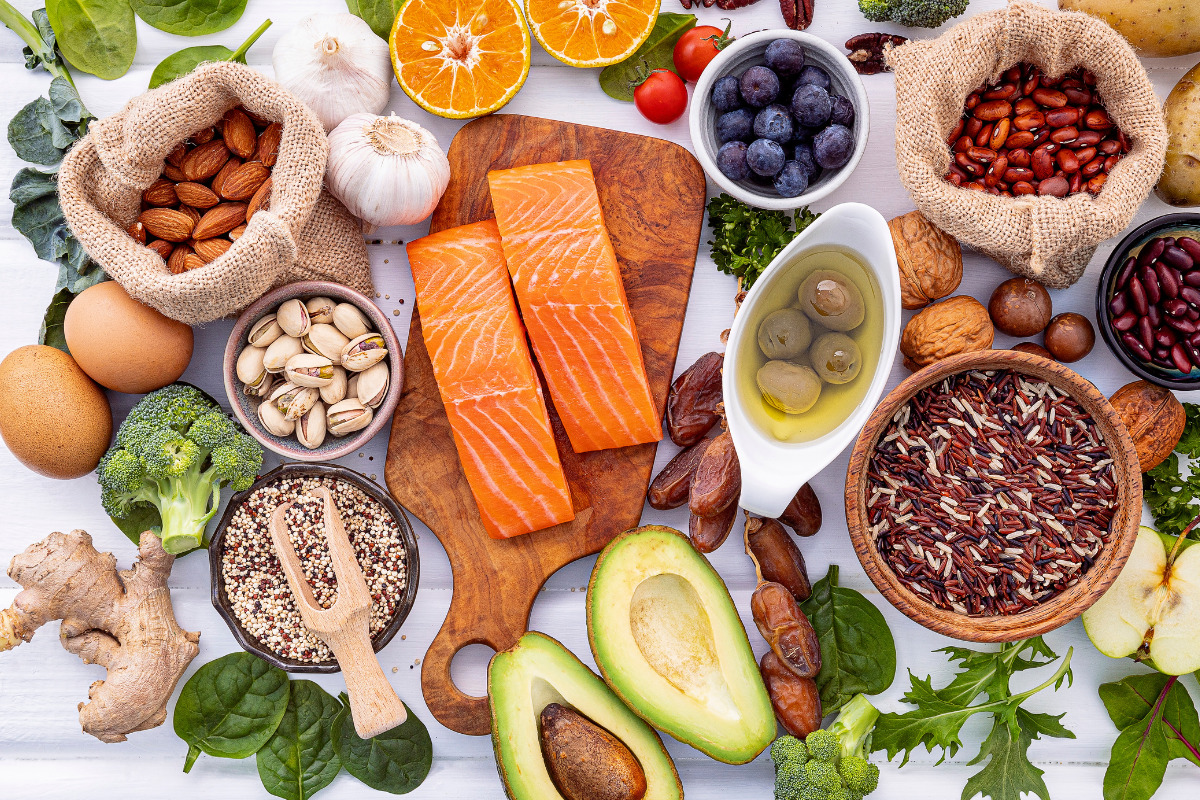How to Balance Exercise and Intermittent Fasting

Food is critical for fueling and recovering from exercise. If you’re intermittent fasting, here’s how to make sure your workouts help your body get stronger—not more stressed.
Intermittent Fasting Basics
Intermittent fasting (IF) is a dietary pattern that involves cycling between periods of eating and fasting. Proponents of IF say that by eating only during a specific part of the day, you can drive your metabolism to burn fat and lose weight.
IF does not ask you to count calories or track macronutrients (protein, carbs and fat). The only restriction is the time window in which you eat.
Popular IF methods include:
Time-restricted eating
16/8: Fast for 16 hours and eat during the other 8 hours (such as 10am-6pm)
14/10: Fast for 14 hours and eat during the other 10 hours (such as 9am and 7pm)
5:2 method: Dramatically restrict your eating to 500 total calories on two days per week (with at least one normal day in between).
Exercise Requires Food
At the end of the day, exercise is a stress on your body. Your body’s ability to adapt to exercise depends on having enough—and the right kind of—calories to perform in your workout and build back after the stress.
Working out during a period of fasting can actually do more harm than good. Your body won’t have the energy to exercise with any intensity, so you’ll likely struggle to perform your best.
Without calories to fuel your recovery, your body will start to break down your muscle tissue to get what it needs. In addition to being sore and worn down between workouts, you’ll actually lose instead of gain muscle.
How to Balance Intermittent Fasting and Exercise
IF can be a healthy choice for many people, but you shouldn’t have to choose between it and exercise. If this eating pattern is important to you, here’s how to make sure you’re able to get the health benefits of exercise:
Don’t Work Out Fasted
If you’re doing time-restricted fasting, align your eating window with your exercise sessions. If you prefer morning workouts, adjust your eating schedule accordingly.
If you’re doing the 5:2 method, don’t exercise on your fast days.
Get Enough Food in Your Eating Window
It’s not a good idea to dramatically cut calories while also trying to exercise. If you’re going to restrict your eating to a shorter period of the day, you still need to make sure you’re getting adequate calories and macronutrients to fuel your activity and recovery.
Remember, you need a minimum of 0.5g of protein per pound of bodyweight and closer to 0.7g per pound if you’re exercising regularly.
That means a 150lb person needs to consume a total of 75-105g of protein per day.
Nutrition Timing For Your Workout
Pre-Workout Nutrition
One to two hours before your workout, make sure you get 50-60g of easily digestible carbohydrates. This can come along with a serving of protein and a small amount of healthy fats.
Example: Consider options like a banana with Greek yogurt, whole-grain toast with nut butter, or a lean turkey sandwich.
During Exercise
Stay hydrated throughout your workout by drinking plenty of water. For longer or intense workouts, consider a sports drink or a small serving of simple carbs like fruit or fruit leather to maintain energy levels.
Post-Workout Nutrition
Within 30 minutes of completing your exercise, it’s crucial to refuel your body with a meal that supports recovery and replenishes energy stores. Aim for:
- 20g of protein to aid muscle recovery and repair
- 20–30g of carbohydrates to replenish energy stores
Example: A protein shake with berries, a chicken quinoa bowl, or a vegetable omelet with whole-grain toast
Experiment with different fasting and eating routines to find what complements your body and exercise routine best.
Listen to Your Body
Pay close attention to how your body responds to intermittent fasting and exercise. If you experience fatigue or discomfort during or after workouts, consider adjusting your eating window or meal choices.
Consult a Professional
If you have specific health concerns or fitness goals, consider seeking guidance from a nutritionist or fitness expert. Personalized advice can help you tailor intermittent fasting and exercise to your unique needs.
Intermittent fasting can be an ally in your quest for a healthier metabolism, but it can directly conflict with exercise if not done thoughtfully. By strategically timing your meals around exercise, you provide your body with the fuel it needs to perform at its best.
Interested in more like this? For a wealth of resources on managing menopause symptoms and healthy aging, visit us at Midday.Health.
Sign up for more unique women’s health content
By submitting this form, you agree to the Lisa Health Privacy Policy and Terms of Use


